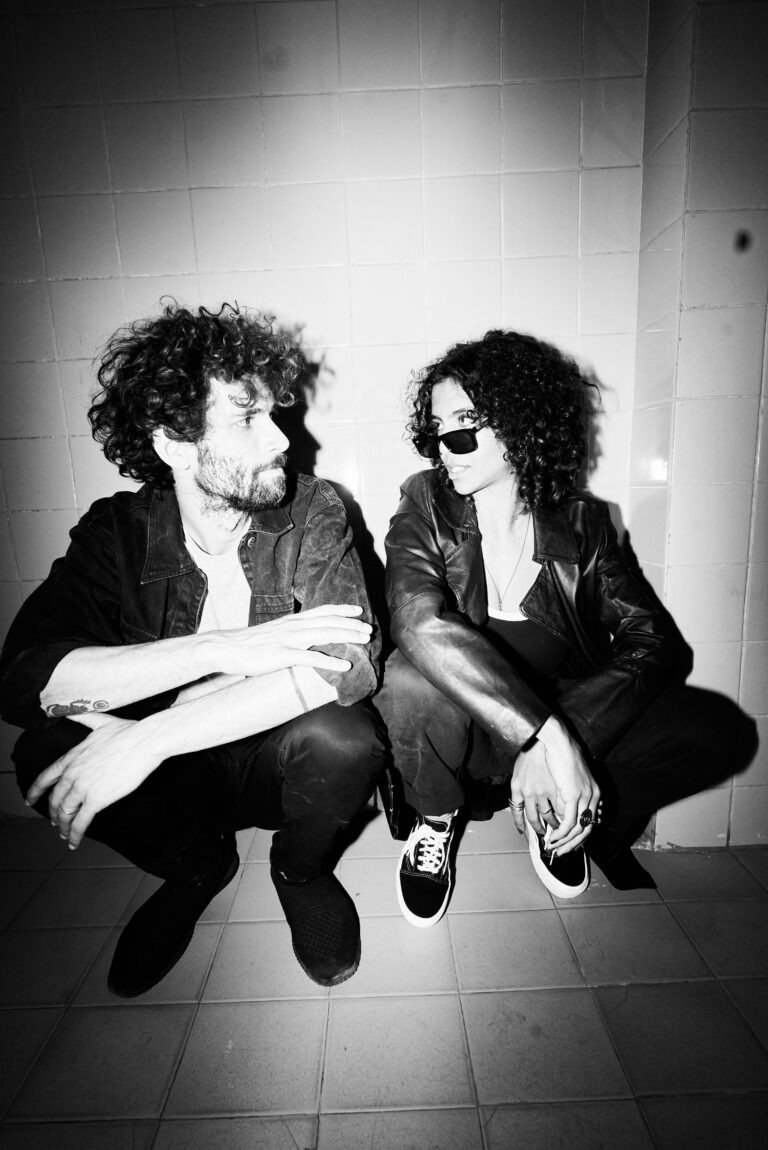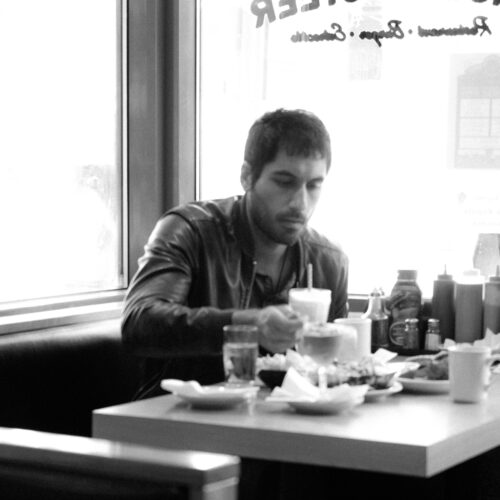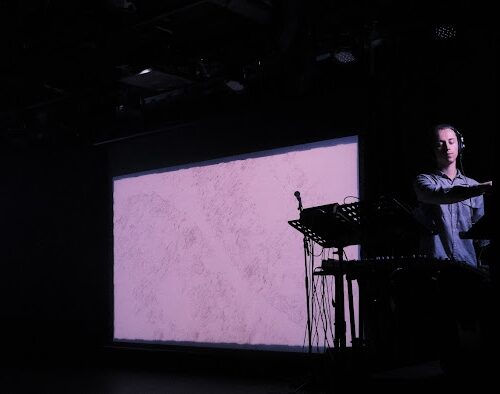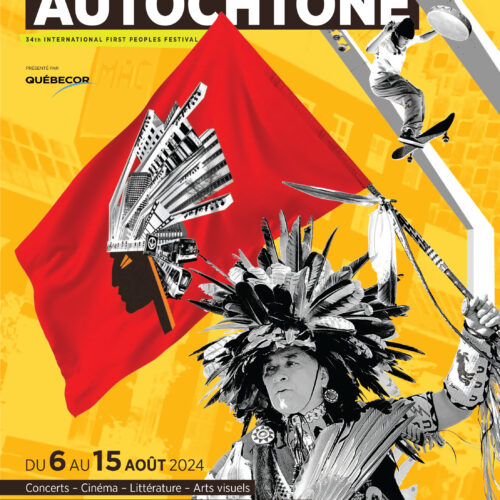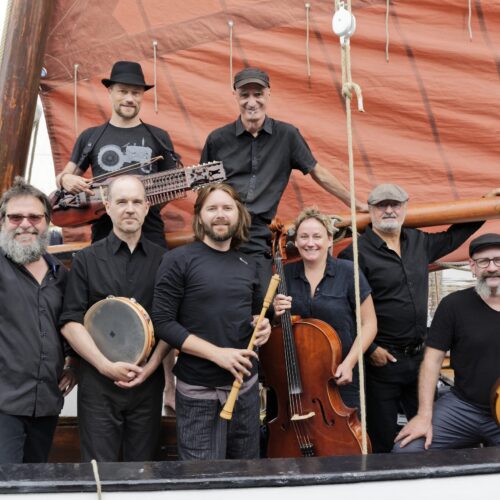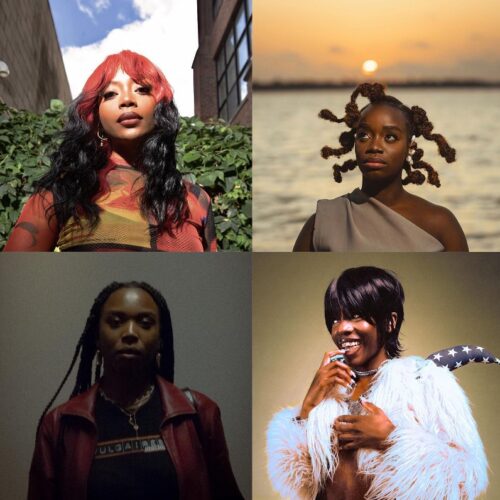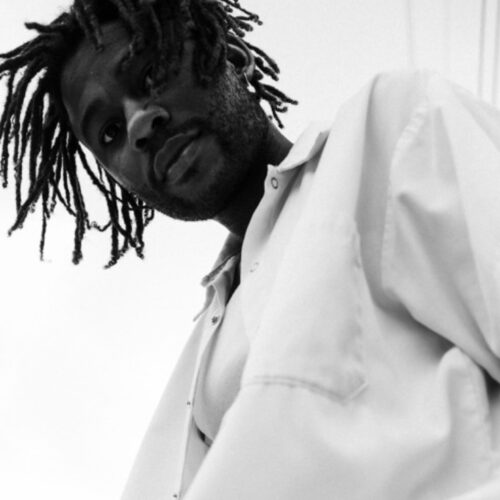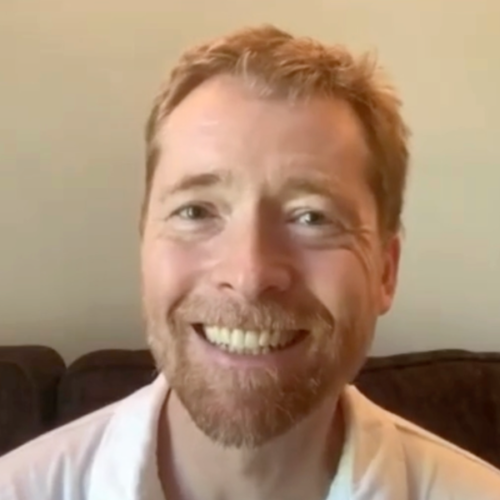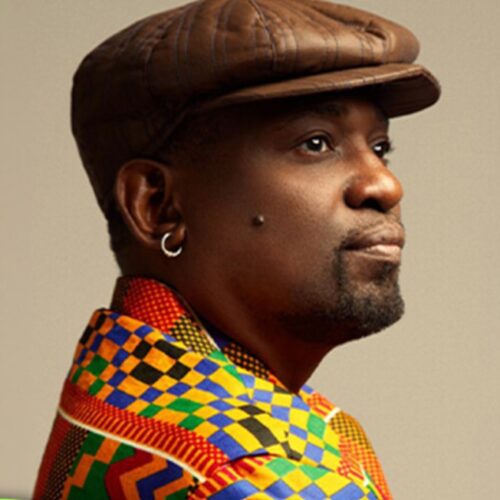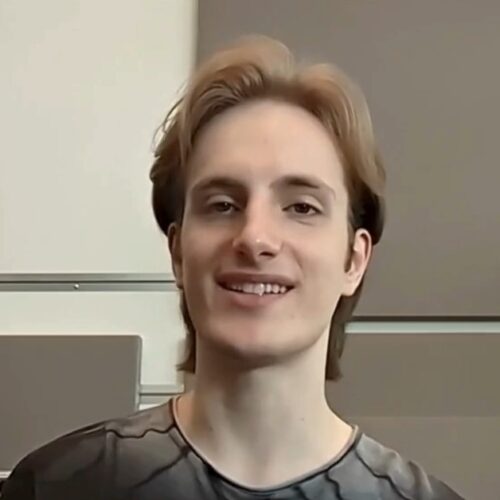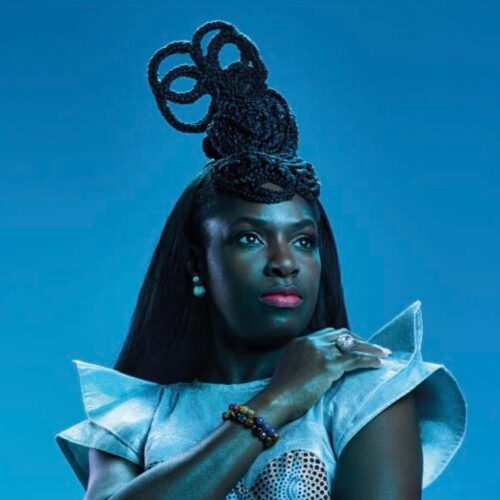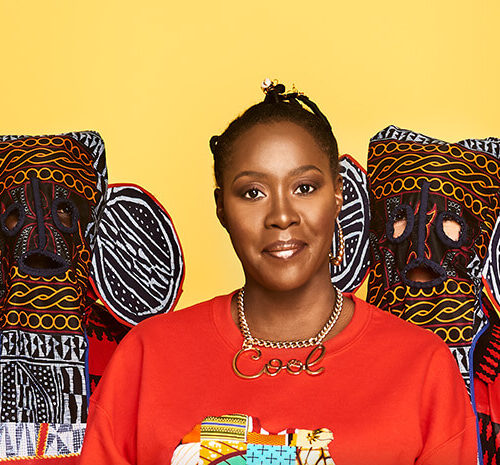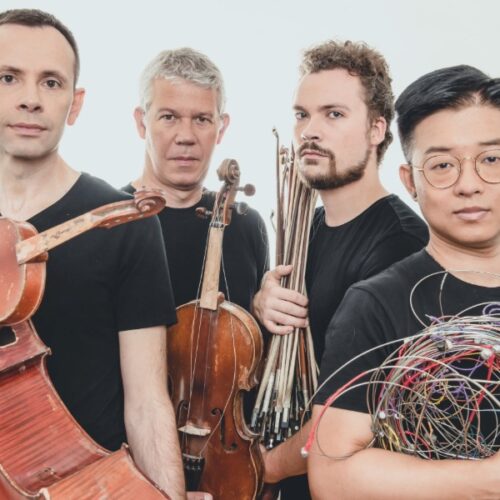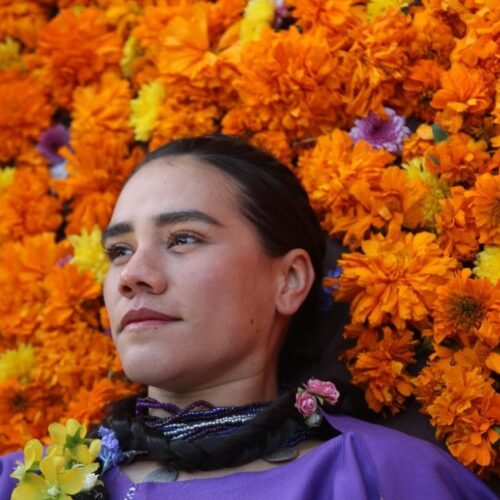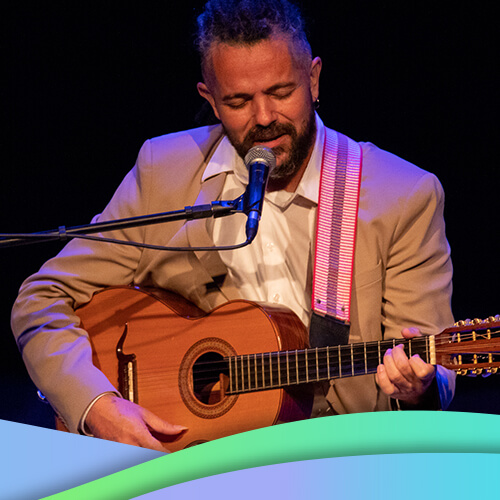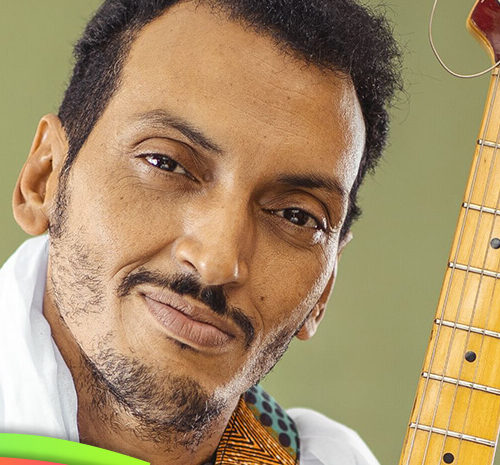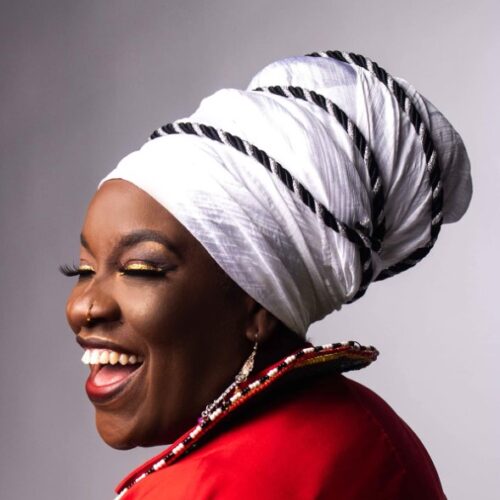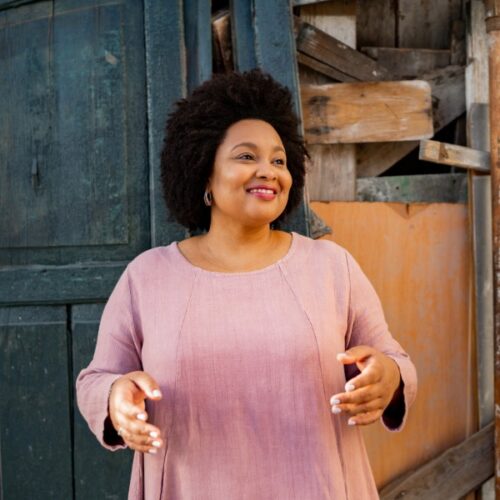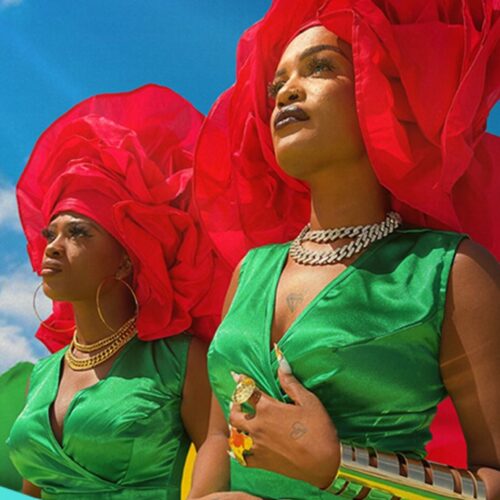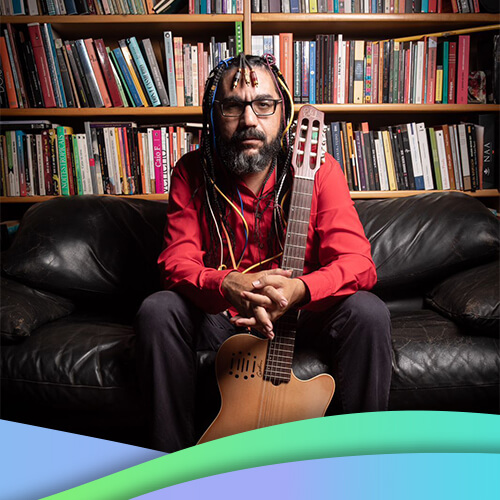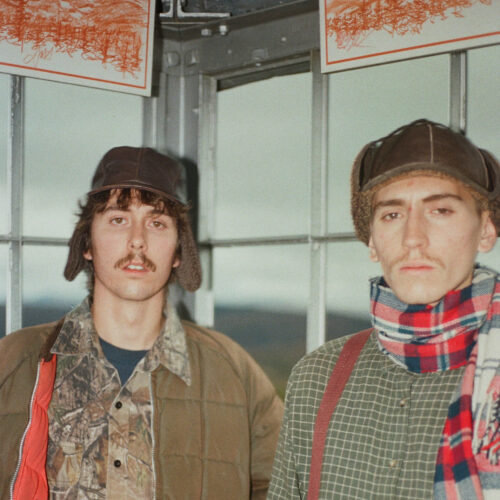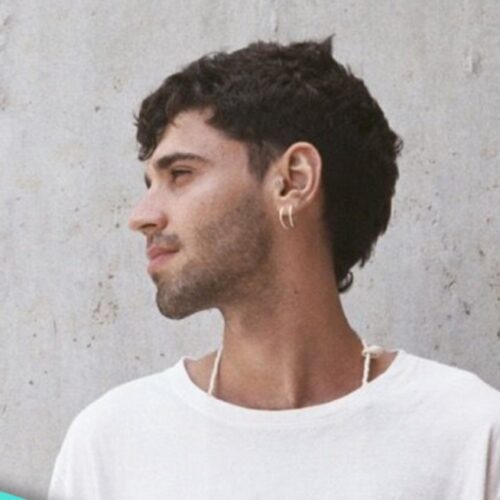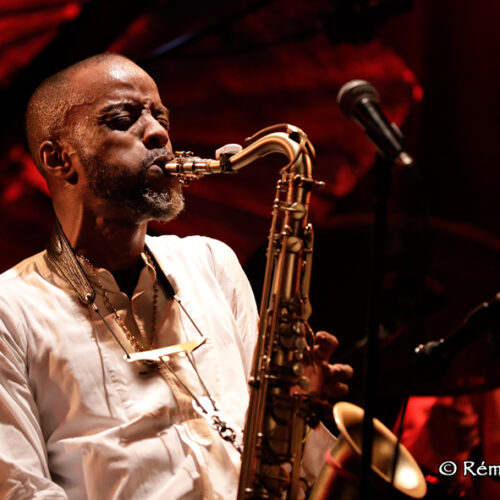Additional Information
Husa & Zeyada constitutes both an audiovisual project and an Egyptian-Canadian electronic group. They characterize their work as a fusion between Zeyada’s synth-soaked bedroom pop with electric guitars and the mystical deep house style of Montreal-based DJ and producer Adam Husa. Husa is also recognized for his music released on labels like Sol Selectas, Seven Villas, Magician On Duty, and his own entity, Husa Sounds. Collaboratively, Husa & Zeyada traverse a path of sensuous and enigmatic electronic indie-rock, enveloped in lyrics that blend both English and Arabic languages. The duo, whose partnership was formed shortly before the onset of the pandemic, has established themselves in Dahab, located in the southern Sinai region.
They have released multiple tracks and videos, each highlighting their artistic vision and impressive execution skills. Husa & Zeyada’s inventive approach to music production and their ability to seamlessly blend a diverse range of electronic sounds has led to numerous remixes by artists such as Hernan Cattaneo, Mustafa Ismaeel, Madmotormiquel, and Artphormque. In 2022, the duo unveiled their debut album, Long Way Home, crafted after just a week of jam sessions and exploration. This album encompasses a significant portion of their previously released singles.
On the eve of their first-ever appearance at MUTEK, Adam Husa and Rola Zeyada talked about how they met, their chemistry that unites them in art and love, the nuances and difficulties of singing in Arabic, their new project, and the explosion of electronic music in the Middle East and North Africa.
PAN M 360: Tell us a little bit about your individual backgrounds
Zeyada: I’m Egyptian. I was born and raised in Egypt. I went to college in New York for undergrad, and then for master’s and this is when I started doing music. I was more into indie and rock, and kind of had a band and then a duo in New York. And then I went solo, and went back to Egypt before the pandemic, and yeah, this is where we met a few months
after.
Husa: I left Montreal, maybe six months before Corona time, about three or four years ago. I was doing a lot of events here and I went to Egypt just to focus on music. And then when the pandemic hit, the airports closed. This is when I decided to go move to Dahab. And Dahab is where we build a studio and everything. And then we met over there, and this is where is our studio and home, this is where we got married and started our creation hub.
Zeyada: Dahab is a little town on the coast of Egypt, it’s like a Bedouin/hippie town, like a kite surfing community… A very small rural place. Just very, very raw, with just small bedroom houses. We built our studio there and we based ourselves there. This is our home.
Husa: We’re coming back to Canada. So we’re gonna start building a world on this side.
PAN M 360: What made you decide to work together?
Zeyada: Well I was visiting Dahab and a friend of mine connected me with Adam and his, at the time, roommates. They were both musicians and were sharing a studio. I actually went to record with this other person, we were gonna jam and make something but it actually didn’t flow very well with that person. I mean, we’re friends, but I left. And then Adam messaged me, I think he was sleeping in the other room and he heard what I was trying to do and I think he liked it. Our styles kind of matched. Maybe we were both influenced by each other, by being from Montreal and New York and also just like me being into rock and him being into dance music and bringing these two things together. I think we saw more similarities there than with other people we worked with who are more into the oriental sounds.
Husa: We just really connected on the sound. Even though she was more from the rock scene I felt it connected with where I wanted to go with electronic music. So this is where we saw a really cool space to build a bridge for these sounds a little.
PAN M 360: So is it the music that led to love or the love that led to music?
Zeyada: Music led to love … I mean, it almost all happened at the same time. I mean, for a good week there we were talking about how music is all that matters, and we got to make it, you know, and then everything kind of merged and happened quickly. And this is the core of everything, like this is why everything else can be great. But also we recognized that our sound together was really special.
Husa: And really in the beginning, we were together almost every day, and we finished the first album probably in the first week, so everything was happening so fast on the music side. And it was really a point where we didn’t want to focus on anything else but music.
Zeyada: For me, as someone who was working more with bands, the format of writing with a band, or even when I write alone with just a guitar or with a ukulele sometimes, it’s so different than electronic music production. And when we got together, I think I saw how fast I could be working when we have this flow, rather than just the slow flow of a band. Just kind of working, working, working, keep working until things come out not just wait for things to happen. And that, for me, was really exciting. That’s why we made so much in the first week together.
PAN M 360: Is the result mostly what we can hear on your first album Long Way Home?
Zeyada: Long Way Home was basically all made within the first two weeks we met. So it was very heavy. And also we were very influenced by the times we were living in. We were eight or 10 months into Corona. We couldn’t travel, we weren’t seeing too many people, we were in this in-between place, surrounded by the desert and the sea, and you kind of have all the fears of society but at the same time, you kind of forget about it…
Husa: So basically after this last year, we started touring and then we also started seeing which position we wanted to put ourselves in a club format. So everything you hear on Spotify is technically older things but what you hear live is stuff that we’ve made right before leaving the studio, which is a lot different but a lot more…
Zeyada: Groovy?
Husa: A lot more rock and roll in an electronic way.
PAN M 360: Were you inspired by other artists? I hear a bit of Gudrun Gut and Seelenluft in your music.
Zeyada: We don’t know any of those artists! Honestly, I have to say I’ve been loving the different things that we remind people of. It’s like things from the ’70s, or some punk bands, or alternative stuff from the ’90s … It makes me happy that you’re just telling us about these artists. I’m very curious to hear them. I’d say some of our biggest inspiration has been Darkside for sure. I also like Dope Lemon, like a bit more on the indie side. Personally, I like rock things like The Strokes and Timber Timbre, I’m a little bit more on the rock and punk side.
Husa: I mean, I’ve always really liked what Darkside was doing. And I felt there’s a whole world of sound in this type of realm of just electric guitars with electronic music. I guess this was kind of an influence that’s been in my head for a long time.
PAN M 360: On your first album you only sing in English but I read that you were also sometimes singing in Arabic.
Zeyada: Actually, we’re a little bit behind on releases. Like most of the things we play at our live sets are not even released. We play a little of Long Way Home, especially the songs we connect with the most. But again, that album was produced very early in our life together. So we are also a bit about just making things in the studio and then performing them. We like this aspect of always having new stuff. So there are a lot of tracks that made it in and then out and so on. So usually at least 30% of the set is sung in Arabic. But I think we only have one released Arabic track, which we don’t even play live … I’m trying to write in Arabic the way I do in English and not go for this oriental sound, which I personally don’t connect with.
Husa: In Arabic, there’s so much more you could say within the same timeframe because there are more vowels you can put, so you can go a lot deeper in a way, even if you don’t understand the language, you can understand the meaning of it, which for me is really interesting. I’m also starting to record her in Arabic because I am still learning the language. So I’m still a bit slow on picking up conversation and stuff like this. But sometimes I understand before she even tells me what the lyrics actually mean. I just feel it. So this is why singing in Arabic really became super interesting for us, because it just goes a lot deeper if you do it properly, which she does.
Zeyada: It’s a lot harder to write in Arabic, especially in this context. At some point, we were going to stop trying to write in Arabic because we were so fast at making music in English. We can do a whole song in just one day in English whereas it can take three or four days to do something in Arabic. I think this is the third most popular language in the world and yet it is so limited musically. It is mostly stuck in this commercial oriental place. Within Egypt itself, the pop scene sucks. Rock came so late here that now we’re doing it in the way that it was done 30 years ago. So if we’re gonna keep catching up to genres, 20-something years later, we’re never really gonna make anything new. But at the same time, electronic music is rising in the Middle East. So I feel we are finally closing the gap a little bit over here.
PAN M 360: I see a lot of electro stuff coming out of Tunisia, Morocco, Lebanon, Jordan, and Egypt… I feel it’s starting to really blow up in a lot of Arabic countries.
Zeyada: It’s so so big. It’s happening now. Like in just the past couple of years, the scene has grown so much, there are so many events taking place, and more artists also. And the more electronic events you have, the more likely you’ll get people interested in it and wanting to create music themselves.
Husa: In the past three, or four years I’ve been there. I’ve seen things accelerate so fast. There are so many new opportunities, there are so many new sounds, it’s massive.
PAN M 360: Anything new coming up? Like another record maybe?
Husa: We’re working on this concept album and it is a little complex. We have this fictional story that kind of merges with reality. There are so many ideas.
Zeyada: We have the music for the album ready and now we’re building the visual for the story. The music is already kind of developed with the idea of this visual concept in mind. So it’s the first time we’re actually fully able to make a project 100% audio and visual.
Husa: The idea is that these characters are from another timeline and keep crossing over to this reality. So that’s kind of how we want to position our next album, which is a full-out audio-visual merge between reality and fiction concepts.
Zeyada: So we’re actually performing this music at MUTEK.
Husa: I’m excited. I think we’ve been picking up on a lot of things that are working and orchestrating something unique for this one. But this project is still developing; the core concept of it is we’re really trying to bring this idea of just bringing more rock and roll into electronic music sideways. So I think this one will show a little bit more of that than the past album.
PAN M 360: And on stage, is it only both of you?
Husa: Rola plays guitar and sings and I have Ableton with controllers and the MS 20 semi-modular synth. It’s cool because all the sets are kind of freestyling, so it’s always different.
HUSA & ZEYDAYA PLAY MUTEK EXPERIENCE 3, AUG 24 – TICKETS HERE
